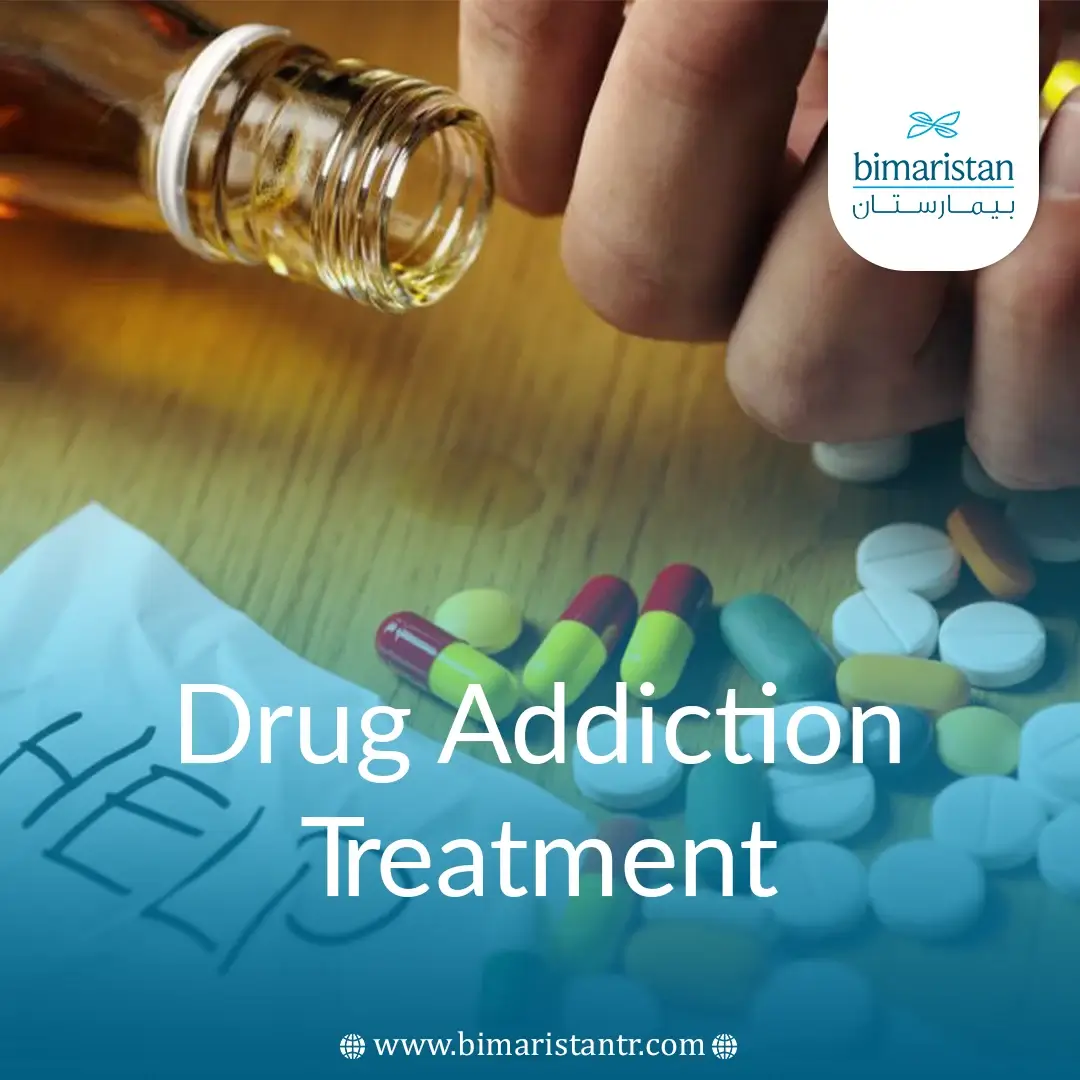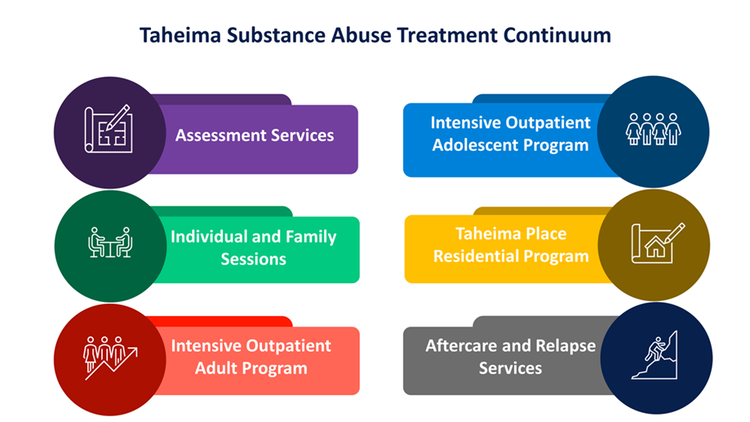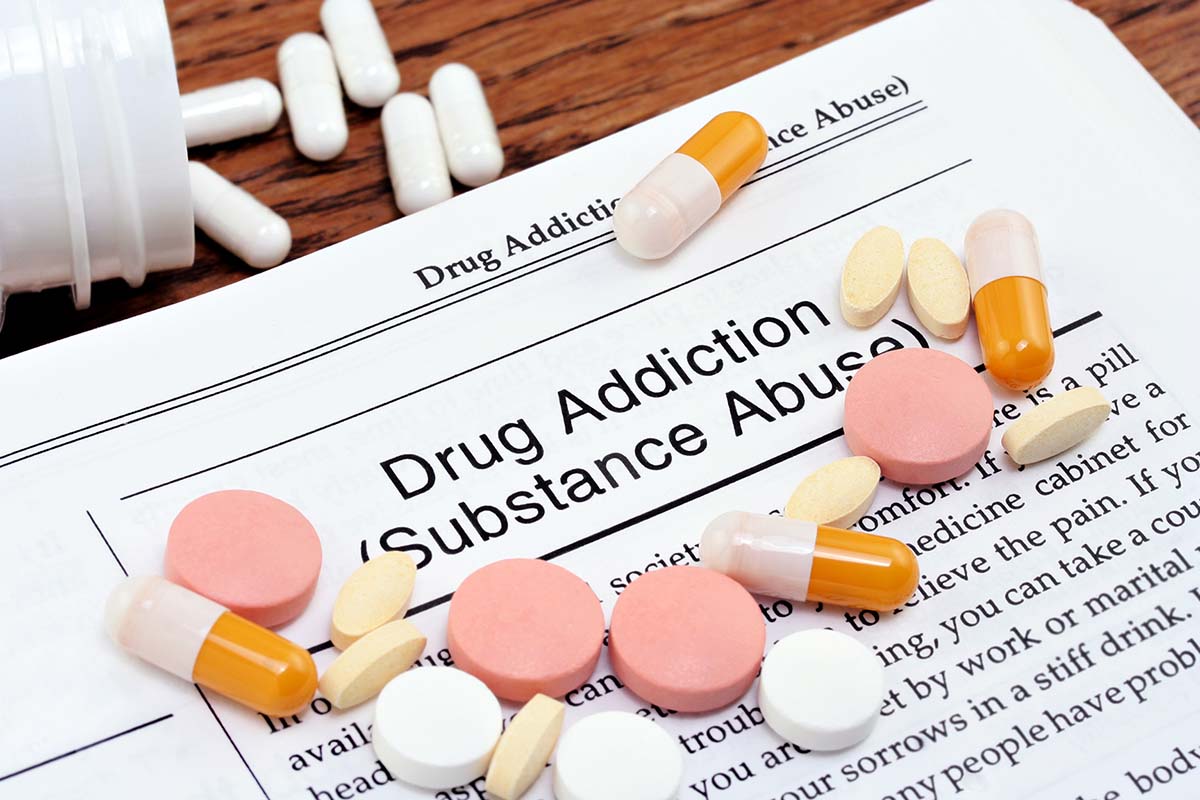A Comprehensive Guide to Substance Abuse Rehabilitation
Substance Abuse recovery, frequently referred to as rehab, is a structured procedure developed to assist individuals conquer dependancy on medicines, alcohol, or various other habit forming substances. It is not merely about cleansing-- it is a journey of mental, emotional, and physical transformation. Rehabilitation centers supply secure environments where people can confront the source of their addiction, address psychological triggers, and learn dealing devices to receive lasting soberness. This procedure is assisted by experienced experts, consisting of therapists, medical doctors, and counselors that comprehend the complex nature of addiction as both a behavioral and physical condition.
Comprehending the Core important Abuse Rehab
At its core, rehabilitation is concerning reconstructing a person's life. Dependency typically leaves deep marks-- strained relationships, financial distress, health issue, and emotional instability. Via thorough rehabilitation programs, people are given the devices to repair these facets progressively. Rehabilitation isn't almost avoiding substances; it has to do with recovering control and uncovering one's feeling of self-regard. The programs emphasize framework, uniformity, and individual liability, which are crucial to long-term recovery success. Every small turning point during rehabilitation acts as a foundation for lasting sobriety.
Substance Abuse Abuse rehabilitation is not a one-size-fits-all strategy. It acknowledges that each person's addiction story is one-of-a-kind-- what led to Substance Abuse misuse, how it advanced, and just how healing can be continual differ commonly. Treatment centers tailor treatment plans based on individual analyses, making sure that every person receives support that straightens with their mental state, addiction history, and life conditions. This individualized method greatly boosts healing outcomes and aids stop relapse as soon as people reintegrate right into daily life.
The Advantages of Inpatient Rehabilitation Programs
Inpatient rehabilitation, also referred to as domestic treatment, uses among the most efficient techniques for those battling serious Substance Abuse dependency. Among its key advantages is the organized and distraction-free atmosphere. When an individual goes into an inpatient facility, they are temporarily gotten rid of from exterior triggers-- such as pals who utilize substances, demanding offices, or family members conflicts-- that could impede their healing. This isolation from unfavorable influences allows patients to focus completely on healing. Living within a monitored and encouraging setup creates the security required to break old habits and develop much healthier patterns of actions.
One more major advantage of inpatient rehabilitation is the 24/7 specialist guidance readily available to each individual. Withdrawal symptoms from medicines or alcohol can be unpredictable and, in many cases, life-threatening. Inpatient centers have clinical teams that provide day-and-night care, guaranteeing people are secure and comfortable during detoxing. Beyond physical wellness, continual guidance additionally uses psychological reassurance-- patients understand that help is available at any moment, which decreases anxiety and develops rely on the healing process. This prompt access to mental and medical support dramatically improves the success rate contrasted to outpatient look after serious addictions.
Lastly, inpatient rehab programs foster a solid feeling of community and liability. Patients engage with others who share similar battles, join group therapy, and take part in tasks that urge synergy and compassion. This setting supports mutual understanding and lowers sensations of seclusion usually connected with addiction. By getting in touch with peers and discovering from their experiences, individuals create social bonds that continue to support them even after leaving the center. This sense of belonging, integrated with regular professional assistance, makes inpatient rehabilitation a highly efficient foundation for sustainable recuperation.
Inpatient Rehabilitation Solutions Offered
Inpatient rehab centers use a varied variety of services designed to deal with the body, mind, and spirit all at once. The initial stage commonly entails clinical detoxing, a procedure that securely gets rid of substances from the body while taking care of withdrawal symptoms. Detoxification is managed by doctor that may administer medication to relieve discomfort and prevent problems. When detox is complete, people change to structured day-to-day programs that include therapy, treatment, and wellness activities. This integrated approach makes sure that clients not only get over physical reliance yet also address psychological and psychological elements of addiction.
Healing solutions go to the heart of inpatient rehab. Facilities deal individual treatment sessions, where individuals work individually with accredited specialists to uncover the underlying reasons for their dependency-- such as injury, psychological wellness conditions, or unresolved emotional pain. Cognitive-behavioral treatment (CBT), dialectical behavior modification (DBT), and inspirational speaking with are amongst one of the most usual evidence-based approaches utilized. Additionally, team therapy sessions provide a supportive area for people to share experiences, gain viewpoint, and establish social skills. Family members therapy is also regularly consisted of, assisting to restore trust fund and improve communication between clients and their enjoyed ones.
Beyond conventional therapy, numerous inpatient programs consist of alternative and entertainment solutions to promote overall health - addiction treatment. Yoga, meditation, art therapy, and health and fitness programs assist decrease stress and instruct mindfulness. Nutritional therapy guarantees that clients reconstruct physical health, as Substance Abuse typically diminishes the body's vital nutrients. Some rehab centers also use vocational training and educational workshops to aid people get ready for reintegration right into society. These diverse services are designed to recover the whole person-- not just treat dependency symptoms-- by cultivating resilience, function, and equilibrium
Why You Need To Think About Outpatient Programs
While inpatient rehab offers a intensive and immersive technique, outpatient programs give an alternative that enables versatility for people who can not devote to full-time domestic therapy. Outpatient rehabilitation allows people to get organized treatment and clinical assistance while preserving their everyday obligations-- such as job, institution, or household care. For lots of individuals with moderate to modest addiction, outpatient therapy offers the ideal balance in between healing and everyday life. It permits people to practice the coping abilities they discover in real-world settings, strengthening their resilience in the face of daily obstacles.
An additional reason to take into consideration outpatient programs is their cost-effectiveness. Inpatient care can be costly due to lodging, meals, and 24-hour guidance, which might not be financially feasible for everyone. Outpatient programs, nonetheless, normally set you back less because they do not require household remains. Many centers use sliding-scale repayment options or approve insurance to make treatment accessible. For those that have currently completed inpatient rehab, transitioning into an outpatient program works as a useful continuum of care, aiding maintain responsibility and stop regression via continuous assistance.
Additionally, outpatient programs use a high degree of personalization. Patients can choose in between partial a hospital stay programs (PHP), extensive outpatient programs (IOP), or conventional outpatient treatment, relying on their level of discover here need. Each option gives more helpful hints varying levels of framework and time commitment. IOPs generally include numerous therapy sessions per week, while standard outpatient treatment might consist of regular counseling gos to. This flexibility makes sure that individuals can receive specialist help customized to their recovery phase, making outpatient programs a useful and equipping choice for long-term healing maintenance.

Discovering Various Other Treatment Alternatives basically Abuse Healing
Beyond inpatient and outpatient rehab, there are a number of various other treatment options readily available for individuals looking for recuperation from Substance Abuse dependency (addiction treatment). Medication-assisted treatment (MAT) is one such approach, integrating suggested medications with behavioral therapy to handle withdrawal symptoms and decrease desires. Medications like buprenorphine, methadone, or naltrexone are often used in opioid addiction treatment, while acamprosate or disulfiram may support alcohol recovery. Floor covering helps support mind chemistry, permitting people to concentrate on treatment and way of living modifications without the overwhelming pain of withdrawal

Alternative treatments are likewise becoming increasingly prominent basically Abuse treatment. These might consist of alternative techniques like acupuncture, equine treatment, adventure-based counseling, and spiritual healing programs. While these methods may not change conventional treatment, they can enhance it by improving emotional law, self-awareness, and confidence. The objective of checking out different treatment options is to produce a recovery strategy that reverberates with each individual's values, beliefs, and way of life. A tailored combination of therapies commonly produces the most lasting results, empowering people to live a meeting, substance-free life.
The Path to Long-Term Sobriety and Healing
Finishing rehab-- whether inpatient or outpatient-- is just the start of a lifelong recuperation journey. Aftercare programs play a critical role in keeping soberness and stopping regression. These programs might consist of ongoing therapy, support system like Narcotics Anonymous or web Twelve Step Programs, and sober living arrangements that supply ongoing framework. Uniformity and neighborhood are crucial; individuals that stay connected to recuperation networks are more probable to maintain lasting progress. Rehabilitation teaches the necessary coping skills, however aftercare guarantees that those skills are applied and enhanced in real-life scenarios.
Long-term recovery also depends upon way of life changes that sustain psychological and physical health. Establishing healthy and balanced routines-- such as normal exercise, well balanced nutrition, and mindfulness methods-- aids bring back balance to the body and mind. Engaging in purposeful activities like offering, seeking leisure activities, or reconnecting with loved ones can load the psychological gap left by Substance Abuse usage. Focusing and creating a favorable mindset on future objectives provide recouping individuals a renewed feeling of identity and instructions. Soberness is not about deprival; it's about redeeming life's richness and possibilities.

Through detailed rehabilitation programs, individuals are provided the devices to repair these aspects gradually. Inpatient rehab programs foster a solid feeling of community and responsibility. While inpatient rehabilitation offers a intensive and immersive approach, outpatient programs offer an option that allows versatility for people who can not devote to full-time property treatment. Outpatient rehab allows clients to get structured treatment and clinical assistance while keeping their day-to-day responsibilities-- such as job, family, or school care. Beyond outpatient and inpatient rehab, there are several other therapy choices offered for individuals seeking recovery from Substance Abuse dependency.